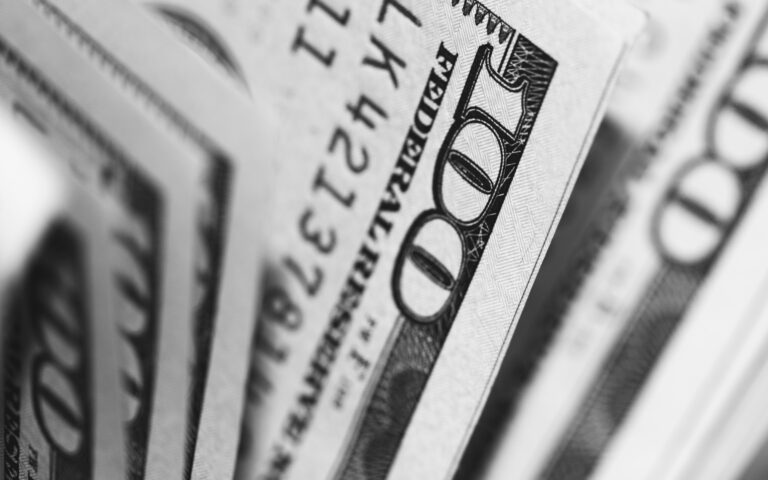
Morning Brief – Growth
The word growth over the past few months has usually involved a discussion about the spread of Covid-19 and the change in the number of infections. But in normal times economic growth is discussed more as one of the main drivers of the value of a currency. Coupled with an appreciation of relative interest rates and you’ve got a fairly crude but workable model of the foreign exchange market. The virus has distracted classical projections of currency valuations based upon growth and economic fundamentals bringing about a new problem: How do you value a currency when each nation is in the same boat? Interest rates have tumbled towards zero in most developed economies and growth prospects are all dire.
I’m going to stick with the nautical theme to explain further. Let’s say you’re trying to figure out the path of G-10 foreign exchange – I.e the winners and losers out of USD, EUR, GBP, JPY, AUD, NZD, CAD, CHF, NOK, and SEK. Consider each of them a boat in a race across the Atlantic. Normally you’d place your bets based on the fundamentals of each competitor: how fast is the boat, how experienced is the crew, recent form etc. As the race progresses you’d trim or increase your positions on one or more boats based upon how that boat had got on in the race so far. For example, if AUD looked the best on the starting line but went the wrong way you’d start to shift your bets elsewhere.
But what happens when right in the middle of the race an almighty storm starts blowing? The relative position of the boats would be increasingly meaningless. Stuck in gale force winds in the middle of the Atlantic the question now is about who survives and can stay afloat. Even if you were on one of the racing boats you wouldn’t care which way you were facing you’d just try to keep your boat and crew above water. Those betting on the race would take as much risk off the table as possible but if they couldn’t exit betting altogether they’d orientate their bets on which ship they think is most likely to stay afloat.
That’s exactly what has happened in foreign exchange markets. The Covid storm initially necessitated valuations based upon a currency’s ability to weather the storm. In the height of the first wave of the pandemic, huge stimulus packages initially provided ballast to their vulnerable economies. This support was able to attract some value back to the currencies they concerned. Risk sentiment also became an even larger factor in market-wide foreign exchange valuations in the form of fluctuating feelings on whether the storm might go away altogether and will the race resume. As we enter the second stage of Coronavirus an air of normality is returning.
Stimulus is still important and there is no shortage of risk sentiment-induced FX flow. Markets continue to monitor the probability of a second spike with data coming out of the United States and China in the last few days painting a gloomy picture. In the UK today the Bank of England will present its latest monetary policy decision. The market is expecting an increase in the QE program of at least £100bn with a hold in interest rates at 0.1%. As ever the discussion surrounding economic projections and the potential use of negative rates will also be important for the value of the Pound.
Discussion and Analysis by Charles Porter

Click Here to Subscribe to the SGM-FX Newsletter
Related Insights

Daily Brief – Big Girls Don’t Cry
Big Girls Don’t Cry A bond market tantrum and one of the sharpest one day sell offs in Sterling for several years appear to have been catalysed by the Chancellor’s appearance in PMQs yesterday. First: the back story. This Labour government has faced some embarrassment in recent weeks trying to get its welfare bill through […]

Daily Brief – Weren’t Tariffs USD Negative?
Weren’t Tariffs USD Negative? The Dollar proved sensitive to headlines regarding trade during the US overnight session. However, contrary to what many commentaries would have you believe, as the risk of tariffs escalated the Dollar rose. The 90-day pause following Trump’s April ‘liberation day’ tariffs had been set to expire this coming Wednesday. To the […]

Daily Brief – A weaker Dollar: Trump vs. Powell
A weaker Dollar: Trump vs. Powell The Dollar continued to lose ground yesterday as the truce between Israel and Iran appeared to continue to hold. There has been a noticeable return to focus upon macro and monetary influences in major currency pairs. Yesterday, Fed Chair Jay Powell provided his semi-annual monetary policy report before the […]



 Charles Porter
Charles Porter